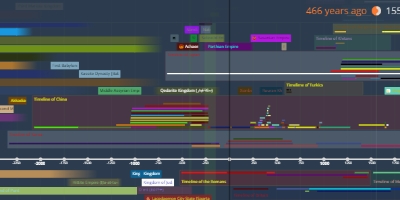Second Portuguese Republic [Estado Novo] (mar 19, 1933 – apr 25, 1974)
Description:
The Second Portuguese Republic (Portuguese: Segunda República Portuguesa), or more commonly known as Estado Novo (Portuguese pronunciation: [(ɨ)ʃˈtadu, -ðu ˈnovu], "New State"), was the corporatist regime installed in Portugal in 1933. It evolved from the Ditadura Nacional ("National Dictatorship") formed after the coup d'état of 28 May 1926 against the democratic and unstable First Republic. Together, the Ditadura Nacional and the Estado Novo are recognised by historians as the Second Portuguese Republic. The Estado Novo, greatly inspired by conservative and autocratic ideologies, was developed by António de Oliveira Salazar, who was President of the Council of Ministers from 1932 until illness forced him out of office in 1968.The Estado Novo was one of the longest-surviving authoritarian regimes in Europe. Opposed to communism, socialism, anarchism, liberalism and anti-colonialism,[a] the regime was conservative, corporatist, and nationalist in nature, defending Portugal's traditional Catholicism. Its policy envisaged the perpetuation of Portugal as a pluricontinental nation under the doctrine of lusotropicalism, with Angola, Mozambique, and other Portuguese territories as extensions of Portugal itself, and it being a supposed source of civilization and stability to the overseas societies in the African and Asian possessions. Under the Estado Novo, Portugal tried to perpetuate a vast, centuries-old empire with a total area of 2,168,071 square kilometres (837,097 sq mi), while other former colonial powers had largely already acceded to global calls for self-determination and independence.
Added to timeline:
Date:
mar 19, 1933
apr 25, 1974
~ 41 years
